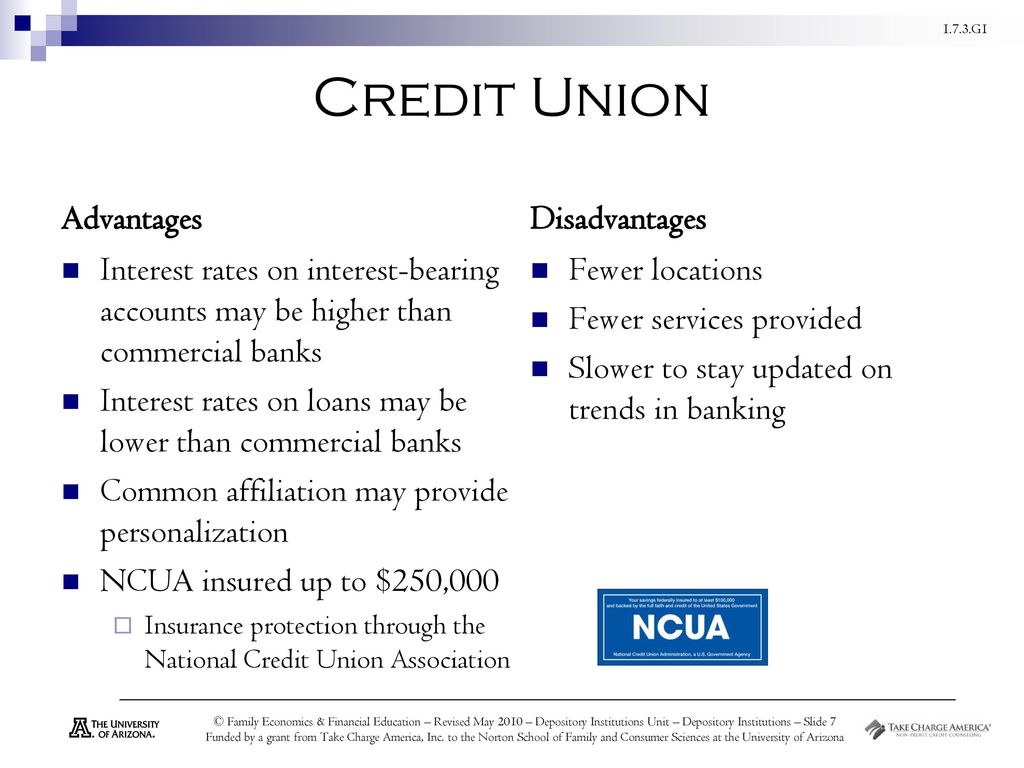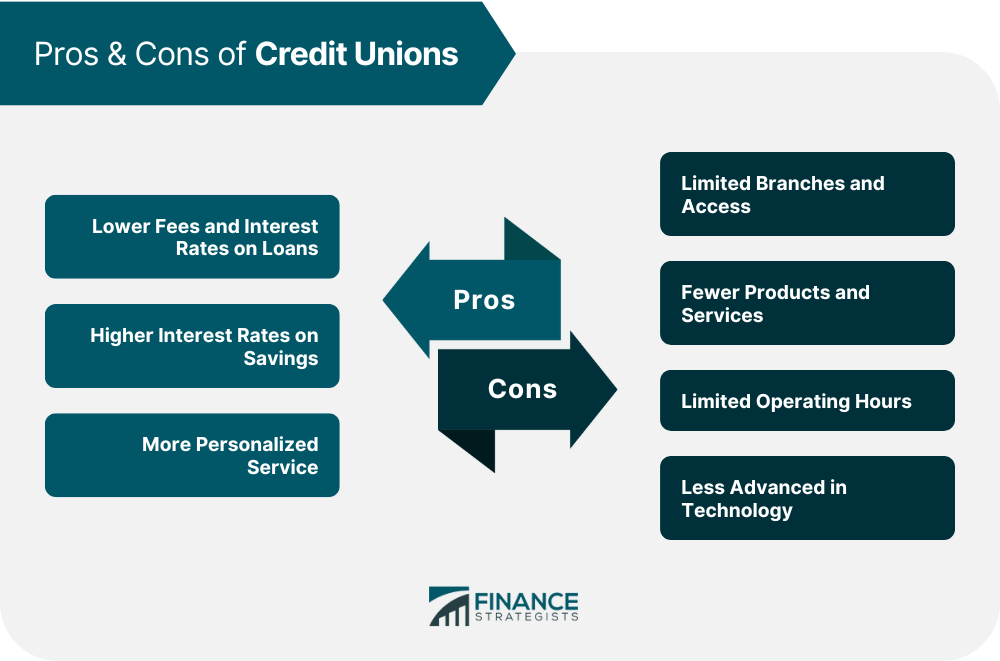Wyoming Credit Unions: Discover the Perfect Financial Companion Near You
Wyoming Credit Unions: Discover the Perfect Financial Companion Near You
Blog Article
Unlocking the Conveniences of Lending Institution: Your Guide
In the world of banks, credit history unions stand as a distinct and often underexplored alternative for those seeking a much more individualized method to banking. As we explore the details of cooperative credit union, a globe of benefits and opportunities unravels, supplying a glance into a financial landscape where neighborhood worths and member-focused services take spotlight. From their modest starts to their contemporary influence, recognizing the significance of credit history unions might possibly reshape the means you watch and manage your funds.

Background of Cooperative Credit Union
The idea of credit score unions emerged as a reaction to the monetary requirements of individuals that were underserved by standard banks. Friedrich Wilhelm Raiffeisen, a German mayor, is typically credited with starting the very first modern-day credit history union in the mid-1800s.
The idea of individuals integrating to merge their resources and give financial assistance per other spread swiftly throughout Europe and later to The United States and copyright. In 1909, the first lending institution in the United States was developed in New Hampshire, noting the start of a brand-new age in community-focused banking. Ever since, lending institution have actually remained to prioritize the monetary health of their members over profit, symbolizing the participating principles of self-help, self-responsibility, freedom, uniformity, equal rights, and equity.
Membership Qualification Requirements
Having actually developed a structure rooted in participating principles and community-focused banking, lending institution maintain details membership qualification requirements to make certain alignment with their core values and goals. These requirements usually revolve around a typical bond shared by possible participants, which could include elements such as geographical location, employer, organizational association, or membership in a details community or association. By needing participants to meet certain qualification needs, lending institution intend to promote a feeling of belonging and shared purpose amongst their participants, strengthening the cooperative nature of these financial institutions.
In enhancement to usual bonds, some lending institution might likewise expand subscription qualification to member of the family of existing participants or individuals who live in the same home. This inclusivity assists cooperative credit union increase their reach while still remaining true to their community-oriented principles. By maintaining clear and transparent subscription criteria, debt unions can make certain that their members are actively engaged in supporting the participating values and objectives of the institution.
Financial Products and Services
When thinking about the variety of offerings readily available, credit history unions offer a varied variety of monetary products and solutions customized to satisfy the distinct demands of their participants. Participants frequently benefit from customized customer solution, as debt unions focus on constructing strong relationships with those they serve.
In addition, lending institution regularly use economic education and learning and counseling to aid participants boost their economic proficiency and make informed choices. Several credit rating unions also take part in shared branching networks, allowing members to access their accounts at a variety of places across the country. In general, the range of economic services and products offered by credit rating unions underscores their commitment to meeting the diverse requirements of their participants while prioritizing their monetary well-being.

Benefits Over Conventional Financial Institutions
Demonstrating a distinctive strategy to financial services, cooperative credit union provide a number of advantages over traditional financial institutions. One crucial benefit is that cooperative credit union are normally member-owned, suggesting that earnings are reinvested right into the company to provide much better rates and lower costs for members. This cooperative structure typically causes extra personalized client service, as lending institution focus on participant complete satisfaction over making best use of earnings. Additionally, cooperative credit union are recognized for their affordable rates of interest on interest-bearing accounts, finances, and credit report cards. This can cause greater returns for members that save or obtain money via the lending institution compared to traditional financial institutions.
Furthermore, cooperative credit union tend to have a solid concentrate on financial education and learning and neighborhood assistance. They typically offer workshops and resources to help participants enhance their economic literacy and make sound money monitoring choices (Wyoming Credit). By fostering a sense of community and shared Web Site goals, credit unions can produce a much more inclusive and helpful banking atmosphere for their participants
Area Participation and Social Impact

Moreover, debt unions frequently partner with neighborhood organizations and charities to support different social reasons such as inexpensive housing, education, and medical care. By collaborating with these entities, credit unions can enhance their social impact and address critical issues affecting their neighborhoods. This collective method not only benefits those in demand however additionally reinforces the social fabric of the neighborhood by cultivating a feeling of unity and assistance among its members. Essentially, cooperative credit union function as drivers for positive modification, driving area development and social progress through their energetic participation and impactful initiatives.
Verdict
Finally, credit rating unions Credit Union Cheyenne WY have an abundant background rooted in neighborhood and collaboration, using a diverse array of economic items and services with competitive prices and customized client service. They focus on the financial well-being of their participants great site over revenue, fostering a sense of belonging and offering financial education and learning. By actively taking part in social effect initiatives, cooperative credit union produce a encouraging and comprehensive banking setting that makes a positive difference in both individual lives and neighborhoods.
Friedrich Wilhelm Raiffeisen, a German mayor, is frequently attributed with establishing the first contemporary credit history union in the mid-1800s - Wyoming Credit Unions. By calling for members to satisfy specific qualification demands, credit unions aim to cultivate a sense of belonging and shared function amongst their members, enhancing the cooperative nature of these monetary establishments
Furthermore, credit rating unions often supply economic education and counseling to assist participants enhance their monetary proficiency and make educated decisions. On the whole, the array of monetary items and solutions used by credit rating unions highlights their commitment to satisfying the diverse needs of their members while prioritizing their monetary wellness.
Furthermore, credit score unions are recognized for their affordable passion prices on financial savings accounts, finances, and credit scores cards.
Report this page